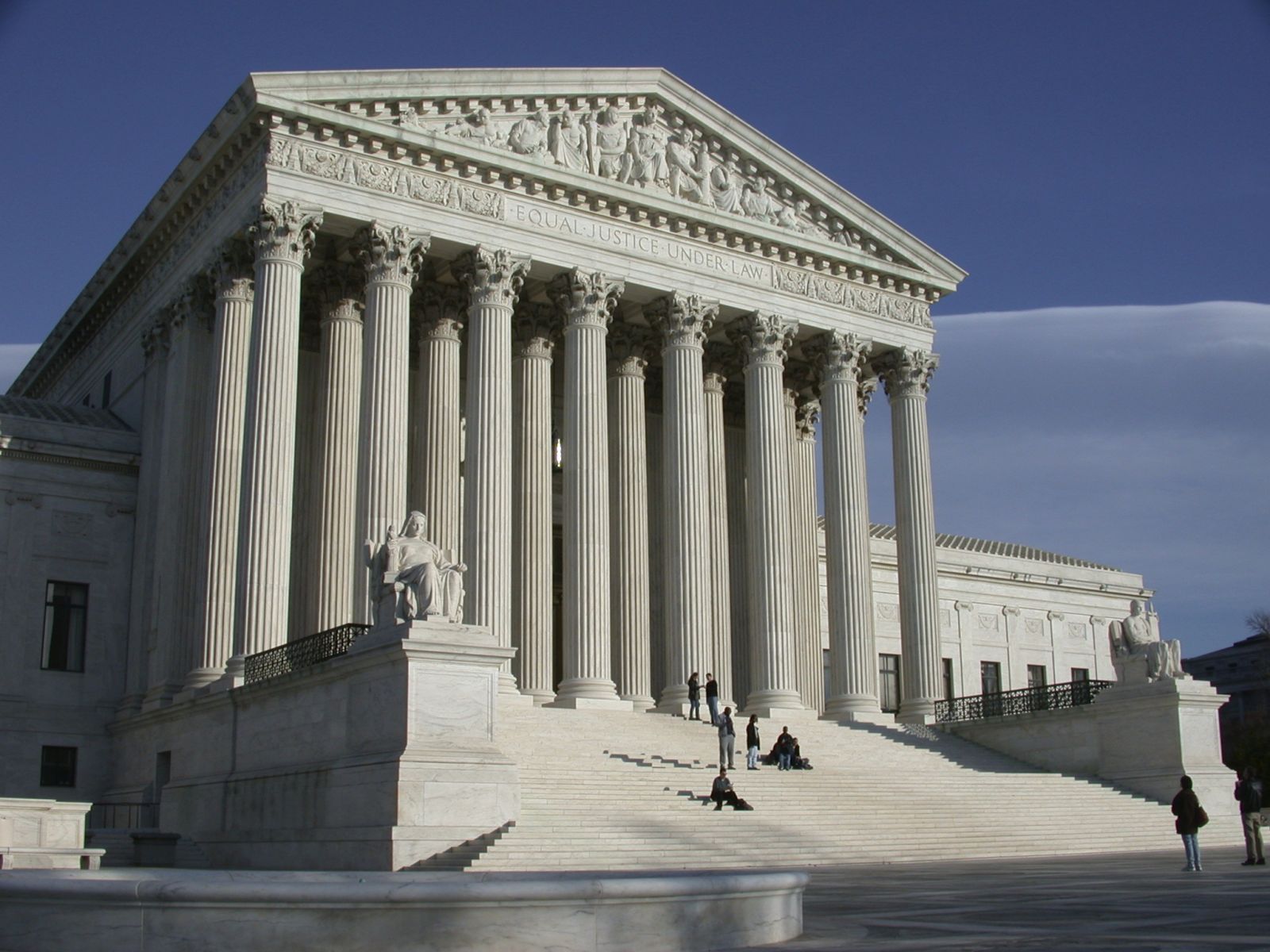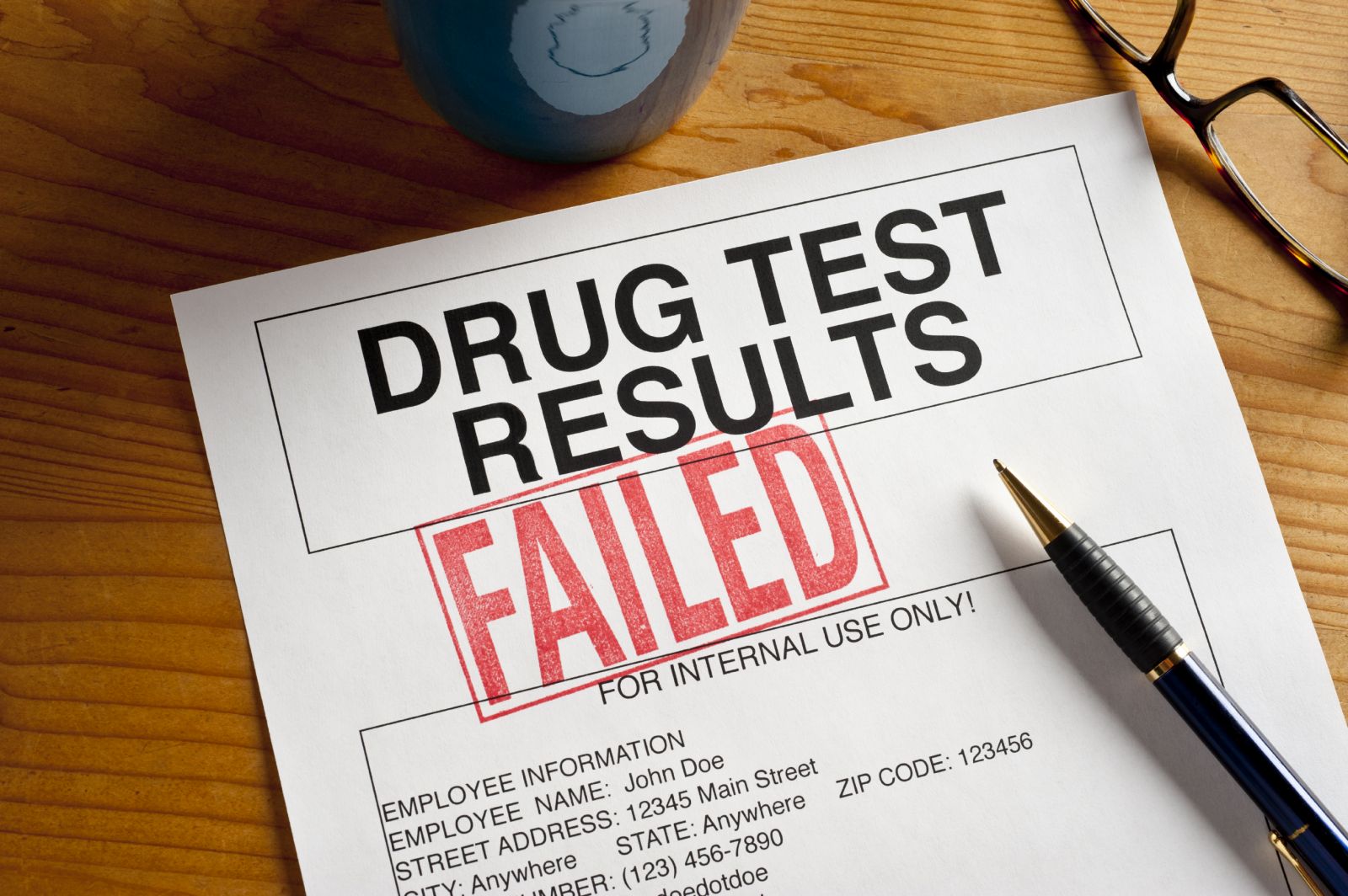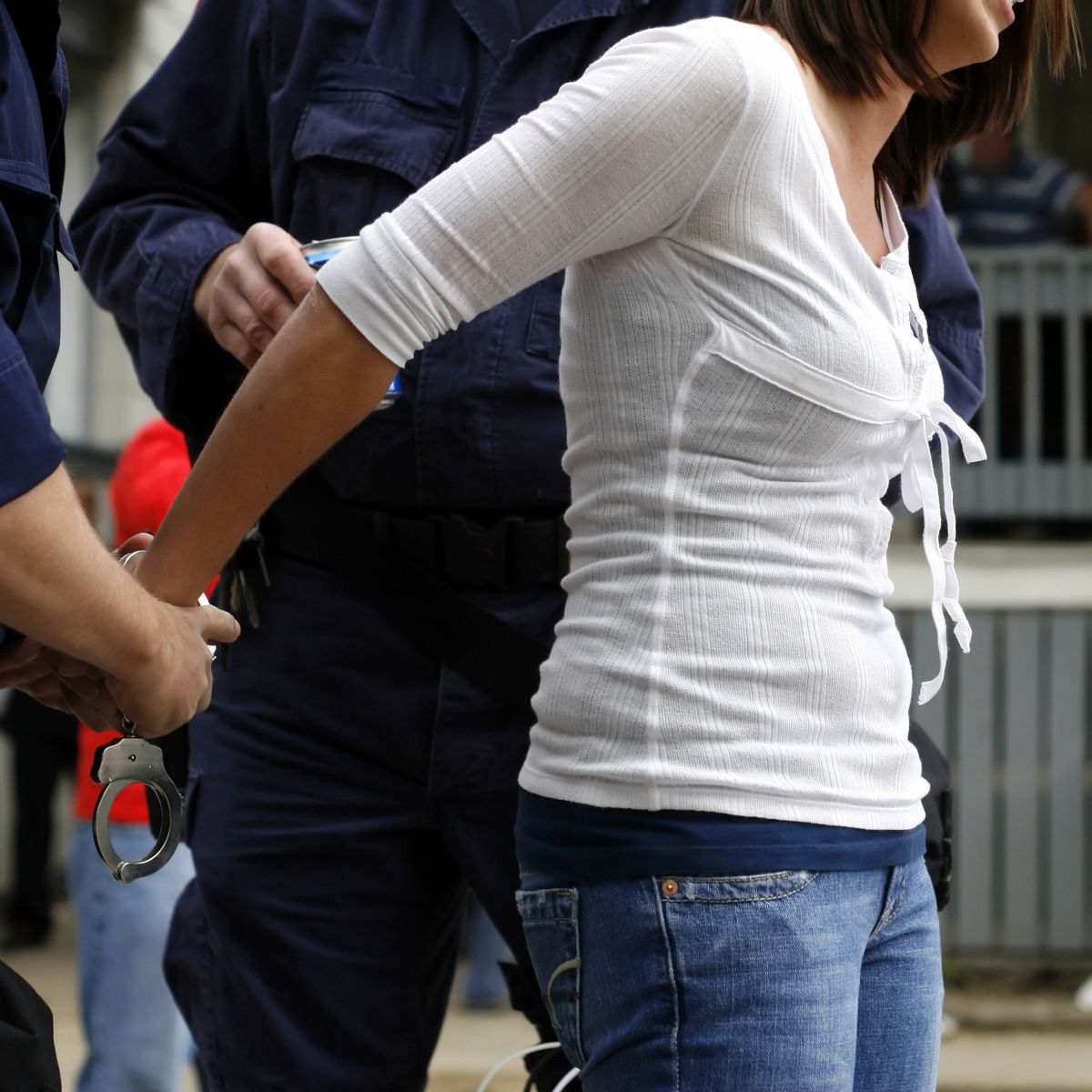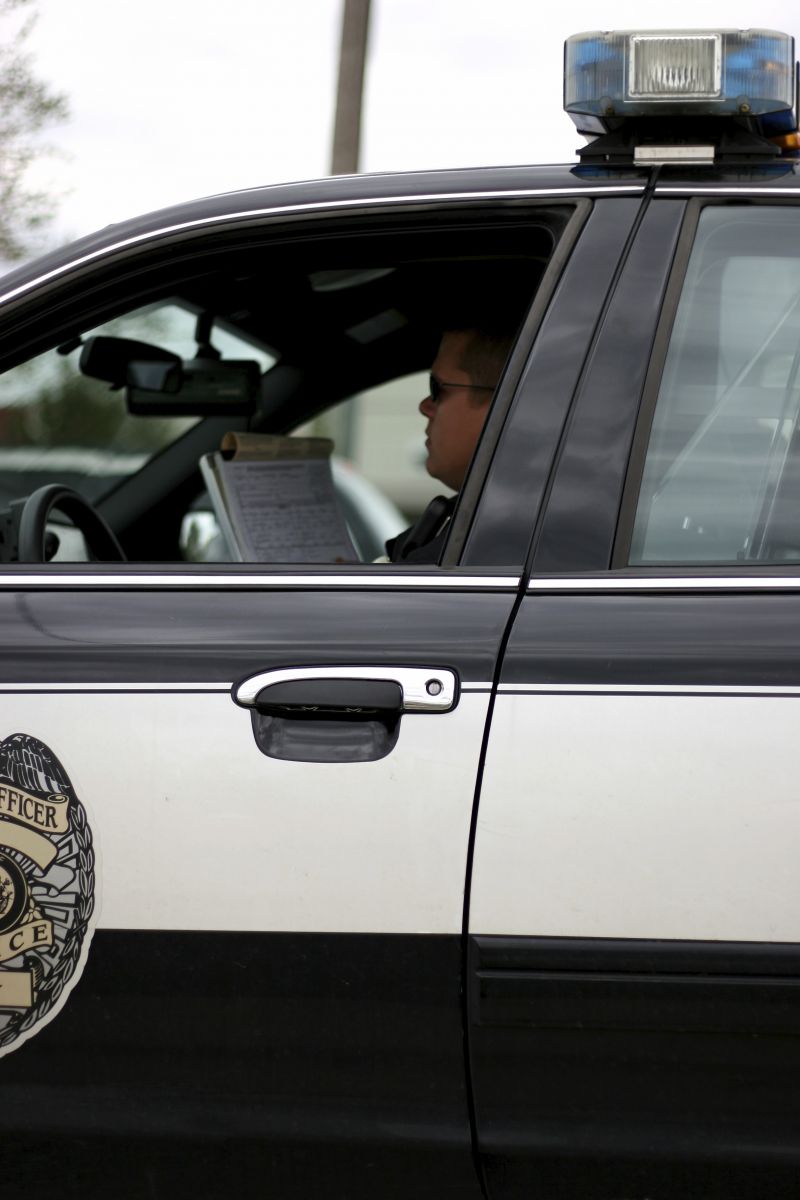You Test Positive for Drugs
Testing positive for drugs can have many bad consequences. You can be suspended from your sports team, lose the chance to participate in other extracurricular activities, be fired from a job, or not be hired for a job you really want. Drug testing has become a fact of life in many high schools, sports settings, and in the workplace.

In 2002, the US Supreme Court ruled to allow random drug tests for all middle and high school students participating in competitive extracurricular activities.
Can my school really test me for drugs? Yes, if your school chooses to and follows the directions set forth by the Supreme Court. In 2002 the U.S. Supreme Court ruled to allow random drug tests for all middle and high school students participating in competitive extracurricular activities.
Why do schools really test for drugs? School drug testing is not done for disciplinary reasons. It is not meant to punish, but to prevent students from using drugs in the first place. For those using drugs, testing is meant to get them the help they need to stop using.
What is the benefit to students? Schools with random drug tests are hoping that these tests will keep students from using drugs and provide a reason to resist peer pressure to take drugs. Schools also want to identify teens that have started using drugs in hopes that early intervention or treatment will help them. Using drugs interferes with the ability to learn and may also disrupt others trying to learn. Schools recognize that drug testing alone won’t necessarily

change students' drug use – it takes many different actions to reduce substance use.
Can you beat a drug test? Many students are aware of methods that supposedly detoxify the system or mask drug use. Popular magazines and Internet sites give advice on how to dilute urine samples, and some even sell products to dilute or alter your test results. Many of these products are costly, do not work, and can be identified in the testing process. Even if they mask a certain drug, the product itself will be detected, and another test will be given. Even in states where recreational marijuana is “legal,” things are no different. School and workplace drug testing is still in place and you can still be fired from your job or suspended from school.
You are Caught with Drugs
If you’re using drugs, selling drugs, or spending a lot of time around people who do, you may have to face legal consequences. A drug-related conviction can have a major impact on your future. With a drug-related offense on your record:
- You may not be able to get the job you want
- You may not be able to join the military
- You may not be able to keep your college loans
- You may get a criminal record
- You may spend time in jail, or worse, a state or federal prison
The United States has clear, explicit drug laws at the federal, state, and local levels. Sometimes just being around drugs can justify an arrest and conviction, even if you’re not using drugs and the drugs aren’t yours. Depending on the laws in your area, even having drug paraphernalia may be cause for an arrest.
It’s up to you to learn the legal consequences and consider all the facts before you make any decisions about drugs.
What are the federal drug laws?
The Controlled Substances Act (CSA) prohibits illegal manufacturing, distributing, or dispensing of controlled substances. It also prohibits their possession for the purpose of distributing and dispensing.
Controlled substances are drugs and other substances that are placed under government control based upon their accepted medical use, abuse potential, and likelihood of causing dependence when abused. They are controlled to protect the public from harm.
Federal law generally focuses on larger quantities of controlled substances than state and local laws. Federal law also focuses on interstate or international drug trafficking.
Federal penalties are usually much higher than those at the state and local level. For example, a crime that might bring one year in prison at the state level may bring 10 years at the federal level because it involves much larger amounts of a controlled substance and impacts a larger area and more people.
What are state and local drug laws?
Although there are differences among the states, every state has specific drug laws and penalties regarding drugs. These laws deal with the manufacture, possession, distribution, use, and advertising and labeling drugs, as well as related behavior (like driving under the influence).

To learn more about the drug laws in your state, go to your state government’s website and search for drug laws.
To learn more about the drug laws where you live, go to your local area’s website and search for drug laws.
Drugs, Vehicles, and the Police
You and your friends are driving around and hanging out, just having fun. What would happen if you and your friends get stopped by the police, and the police have reason to search your car and they find drugs or drug paraphernalia?
Could you be arrested if drugs are found in the car? Could you be arrested if your friend has drugs? The answer is YES, you can be arrested along with your friend for the possession of a controlled substance. While every situation is different, the risk is the same. Even if the drugs aren’t yours, you may still be charged with a crime, required to attend court, pay a fine, or even go to prison. Is it really worth taking the chance?


